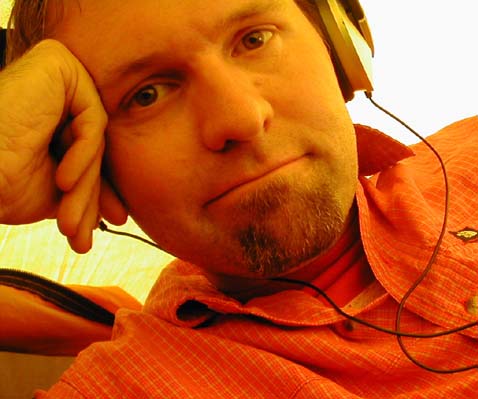has been exhausting, but also pretty satisfying. One of the problems
with medicine at home is the sheer distance of it -- your doctor
presence has to be mediated by white coats, scrubs, ultrasound machines,
tubes, oxygen and so forth. Most people's impression of going to the
hospital is of finding yourself or loved ones 'hooked up' to various
machines, pumps, IV's, catheters, and so forth. Here, some of those
barriers still exist, but often the distance is frightening close --
frightening because it remind you of your own mortality, and frightening
because as a doctor you are working with so little reserve. At home, we
think little of transfusing 5-10 units of blood in the ER, to be
followed by another 30-50 in the OR. Here, I donated blood on Monday
afternoon and transfused that unit of blood that evening while doing
anesthesia on a sick C-section patient, since it was the only unit of
type O blood that we had. On Tuesday I was called to obstetrics because
of a baby who was born who wasn't breathing -- we put a tube down into
his lungs and I spent my lunch break acting as a ventilator until he
picked up enough to breathe on his own. What happens when you're not
there to be the blood bank, or the ventilator, or the doctor to do the
C-section?
Flannery O'Connor was trying to say that our actions have a much bigger
impact on us than they do on other people; perhaps not a complicated
idea, but a profound one nevertheless. The corollary I think also holds
true, however -- if you don't save the lives that you can, you may lose
your own way in the process as well. I think that what I struggle with
here is how exhausting that process can be, especially when you are
stretched thin between work and life and interpersonal relationships
which sometimes take a lot of effort to keep smooth. I have to think
that the lives of others are worth it; what I don't often remember is
that truth that when I seems like I'm just spending myself to the limit,
I'm also saving myself from callousness or ineptitude as well.

